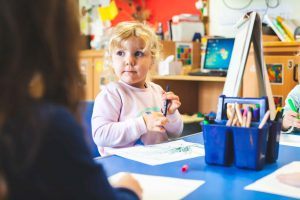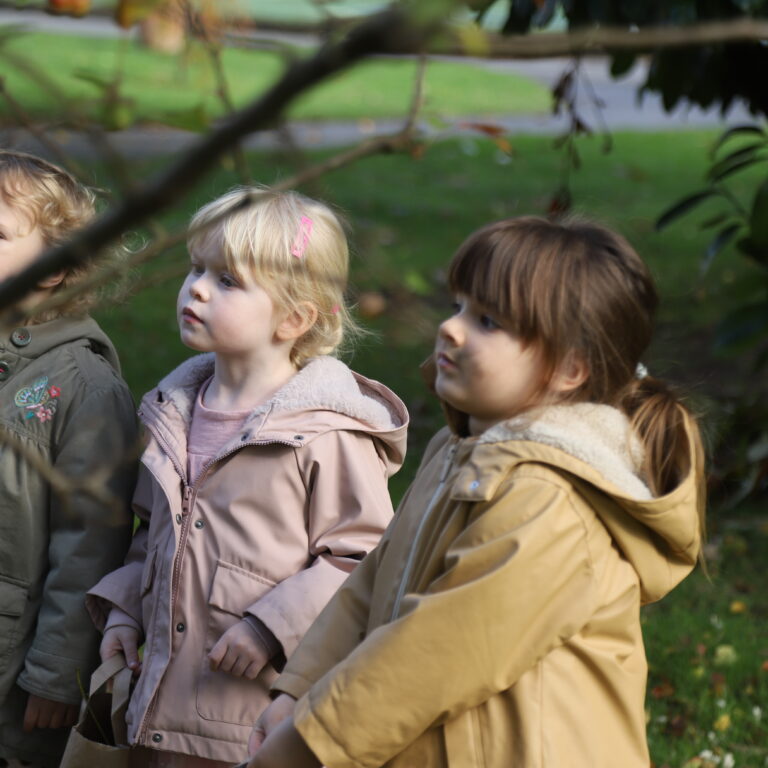Seven Areas of Learning
Our curriculum for the Early Years Foundation Stage reflects the seven areas of learning identified in the Early Learning Goals. The Early Learning Goals are in line with the objectives in the National Literacy Strategy and the National Numeracy Strategy.
Children in Reception have a daily mathematics lesson and a literacy session. Teachers initially address the requirements of the children in a flexible way depending on their development.
Communication and language development involves giving children opportunities to experience a rich language environment; to develop their confidence and skills in expressing themselves; and to speak and listen in a range of situations.
Physical development involves providing opportunities for young children to be active and interactive; and to develop their co-ordination, control, and movement. Children must also be helped to understand the importance of physical activity, and to make healthy choices in relation to food.
Personal, social and emotional development involves helping children to develop a positive sense of themselves and others; to form positive relationships and develop respect for others; to develop social skills and learn how to manage their feelings; to understand appropriate behaviours in groups; and to have confidence in their own abilities.
Literacy development involves encouraging children to link sounds and letters, and to begin to read and write. Children must be given access to a wide range of reading materials (books, poems and other written materials) to ignite their interest.
Mathematics involves providing children with opportunities to develop and improve their skills in counting, understanding and using numbers, calculating simple addition and subtraction problems; and to describe shapes, spaces and measures.
Understanding the world involves guiding children to make sense of their physical world and their community through opportunities to explore, observe and find out about people, places, technology and the environment.
Expressive arts and design involves enabling children to explore and play with a wide range of media and materials, as well as providing opportunities and encouragement for sharing their thoughts, ideas and feelings through a variety of activities in art, music, movement, dance, role-play and design and technology.

REGULAR Assessments
Our nursery staff make regular assessments of children’s learning, and use this information to ensure that future planning reflects identified needs, support required and children’s next steps. Assessment in the Foundation Stage takes the form of observation and planned activities and this involves their teacher and other adults as appropriate.



